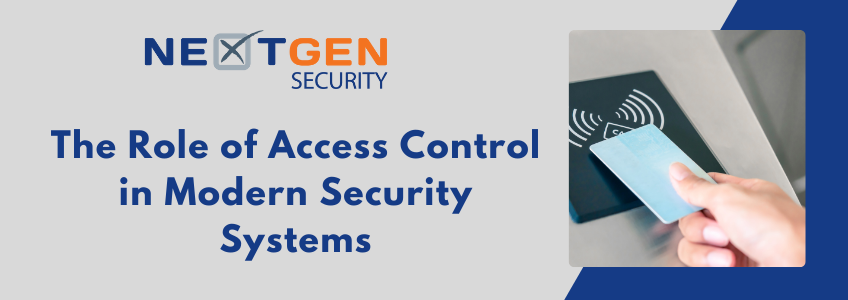Security system technologies have advanced exponentially in recent years. Systems that were deemed cutting-edge just a few years ago now seem antiquated compared to today’s offerings.
Advancements in access control technologies have outpaced most others in terms of sophistication. The path from traditional locks and keys to today’s biometric, mobile, and cloud-based solutions has been paved with innovation.
Traditional credentials such as prox cards and PIN codes have pretty much fallen by the wayside, as many end users are trading up to more reliable and yes, also more convenient, access solutions.
Mobile access has quickly become the credential of choice. We live in a mobile world that’s constantly on the go. Consumer dependence on mobile phones has driven demand for more and more capabilities, instant results, and convenience. The ability to use their smartphones to access their homes and/or offices is appealing to end users, as is the ability to send and receive access credentialing details wirelessly. Mobile access also allows senior management and security teams to monitor their premises remotely from their devices, making it an especially attractive credentialing option.
Biometric access control systems are also gaining popularity. These digital entry systems use methods such as facial, voice, iris, or palm recognition or fingerprint readers to control physical access to a room. One of the biggest perks of biometric access control is that credentials simply can’t be duplicated or stolen, as can keycards or key fobs. Biometric attributes are completely unique to every individual user. Even identical twins have different fingerprints and irises, making unauthorized access by uncredentialed individuals nearly impossible.
While mobile and biometric access are indeed popular options, a great many end users are migrating to cloud-based access control systems. Simply stated, cloud-based door access control grants or revokes access remotely via a cloud-based system, so there’s no need to constantly issue or replace physical credentials like a key card manually on a computer. This, in turn, means that no additional hardware that requires dedicated cabling is needed. Rather, it relies on software that’s easily accessible on any Internet-ready device, regardless of where you are located. A key benefit of a cloud-based access control system is that it eliminates the need to have a physical credential in hand to control who gets access and when. This type of digitally encrypted credentials ensures that employee data is safe and secure. Additionally, cloud-based access control systems come complete with backup and disaster-recovery capabilities, so data is always safe and easily accessible. Cloud-based access control is scalable, so it adapts easily to accommodate more facilities and more users without the need to install expensive hardware on every location.
These newer modes of access control integrate easily with other security technologies to create comprehensive safety protocols for businesses and institutions. NextGen is here to help you transition to these cutting-edge access control solutions that offer you and your users a very high level of security as well as convenience.

